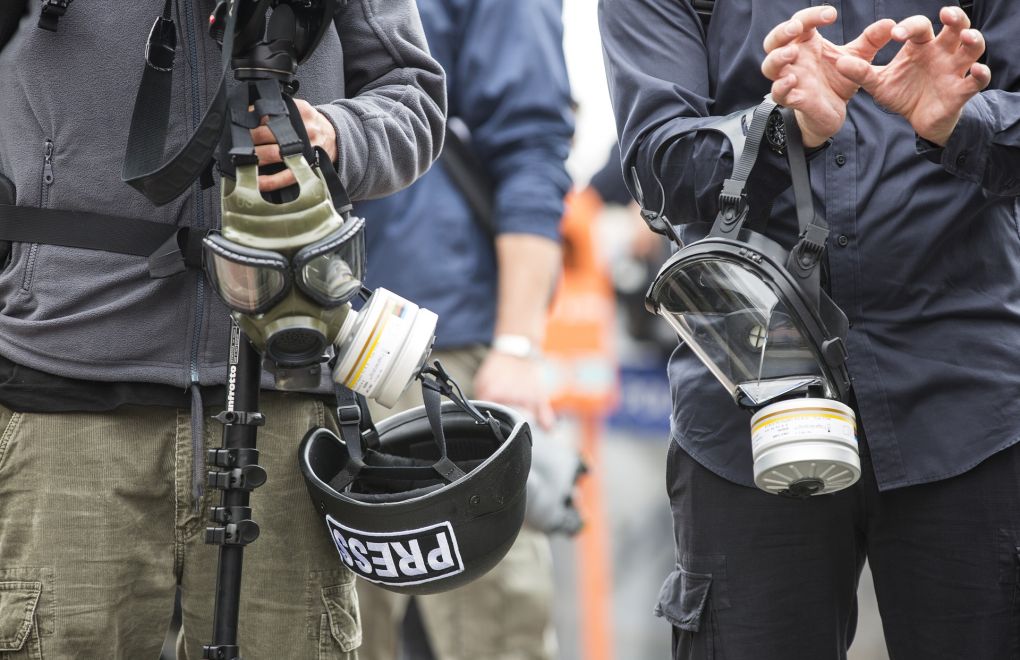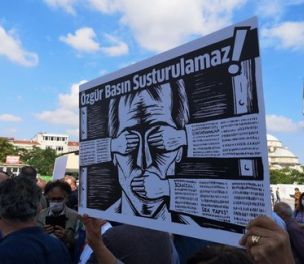Photo: Engin Akyurt/Pixabay
Click to read the article in Turkish
The Journalists' Federation of Turkey (TGF) has criticized the proposed amendment to the Press Law, saying that it is "unacceptable."
The bill is a step towards "disregarding professional organizations in the Press Cards commission, dealing a blow to the public's right to information with penal provisions and destroying the Anatolian press," according to the federation.
Yılmaz Karaca, the chair of the federation, said, while a law proposal about the online news media, which had been expected for many years, was positive, it was unacceptable that the bill was prepared in a top-down manner without the opinion of journalism groups.
"Although public ad rights for internet news sites and press card rights for their employees are positive, it is very clearly seen that a heavy censorship mechanism is wanted to be established for the internet media under the guise of combating disinformation."
According to the existing legislation, only print newspapers can receive public ads. The Press Advertisement Institution (BİK) has been criticized by journalism groups for using its authority to impose ad cuts on newspapers that do critical reporting and channeling funds into pro-government newspapers.
"A new crime"
"The law proposal, interestingly, adds a new crime definition of 'openly disseminating information misleading the public' to the Turkish Penal Code and stipulates prison sentences for those who commit this offense," said Karaca.
He emphasized that the Communications Directorate, which is a party to political affairs, will become the sole authority on the internet media.
Rectification for accurate news
The right to respond and rectify will be open to abuse with the new law as it obligates media outlets to publish rectifications upon court orders even if the relevant article is completely accurate, noted Karaca. "However, the right to respond and rectify is a right that should be used for false news."
"Also, not making an arrangement about television and radio outlets that try to survive in difficult conditions will lead to the closure of one outlet after another."
Press cards for pro-government journalists
The law proposal stipulates that five of the nine members of the Press Cards Commission will be determined by the Communications Directorate, effectively giving it the power to choose who will have a press card.
Also, press organizations will not have representatives in the commission.
"It cannot be expected that those who are not journalists will give sound decisions as to who is a journalist," Karaca said, adding that the bill also contains articles that make it easier to revoke press cards. (AS/VK)







as.jpg)

